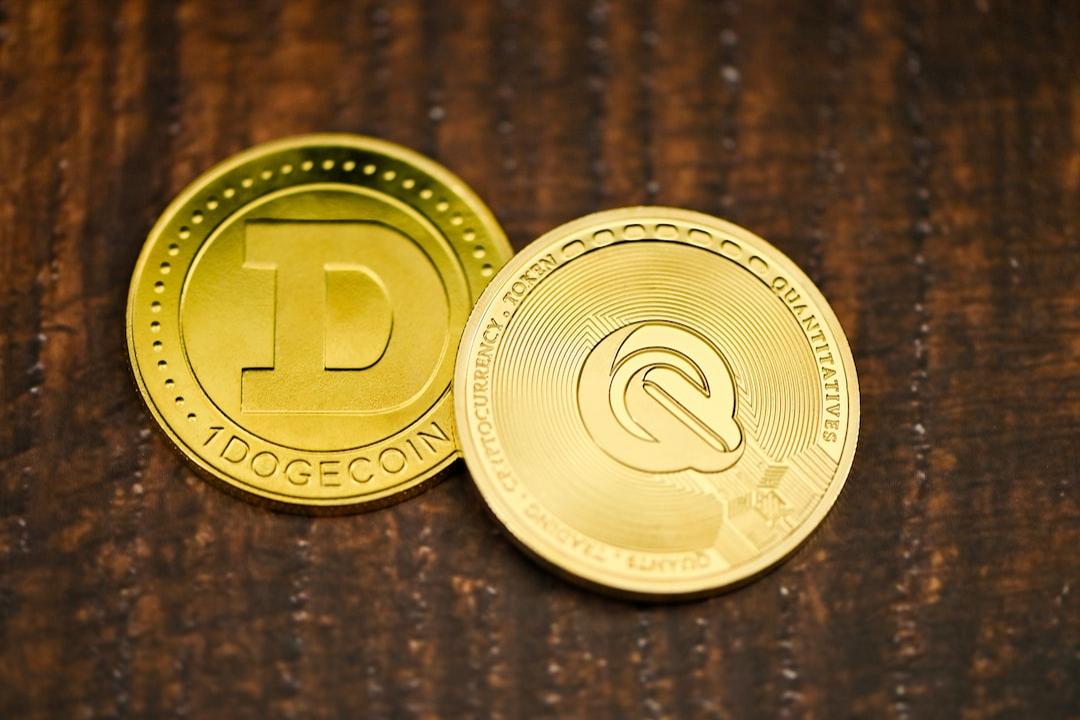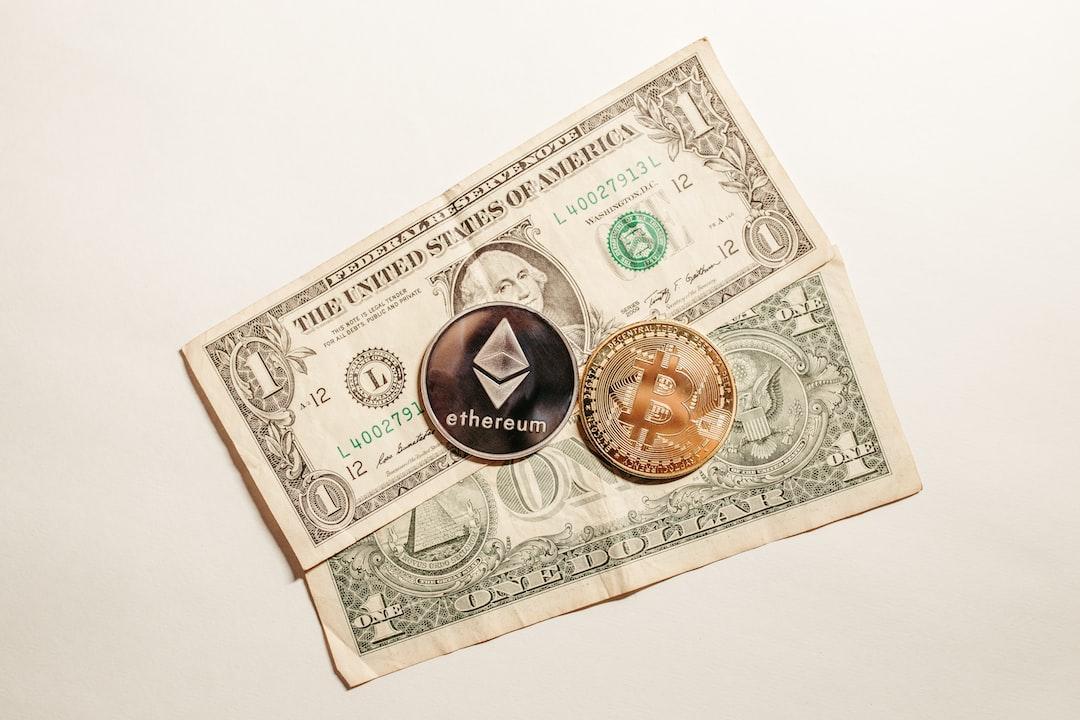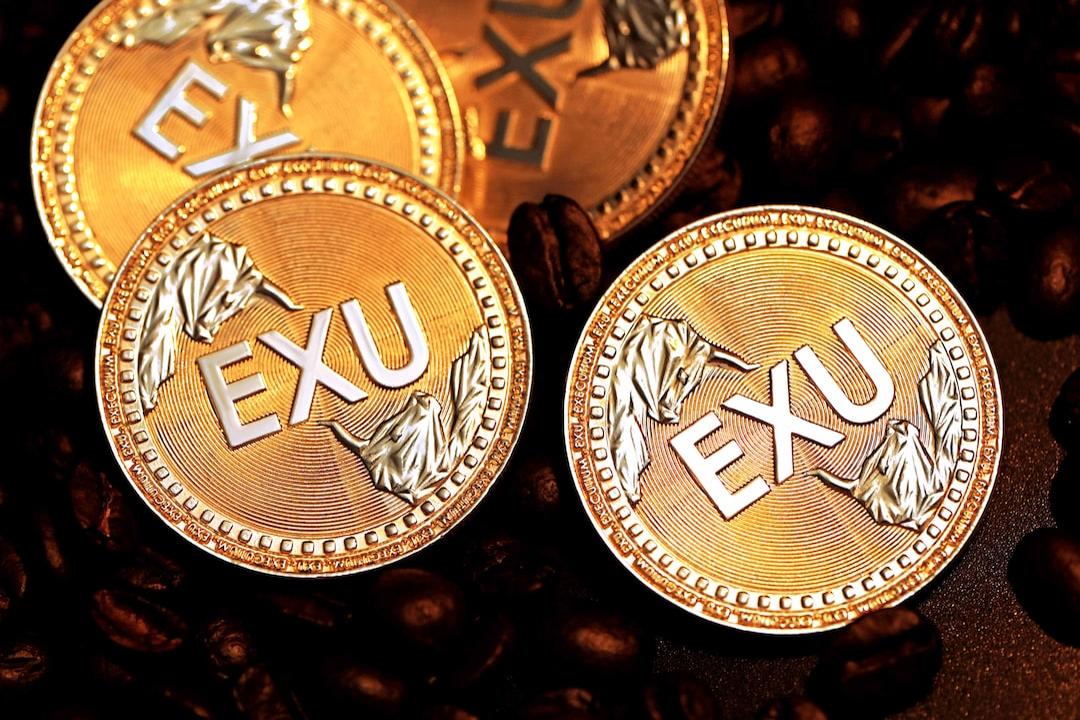Bill Gross, the “Bond King,” Comments on Meme Stocks
Bill Gross, known as the “Bond King,” recently stated that he has no interest in meme stocks. However, he pointed out that the former meme stock king, GameStop, is now exhibiting market behavior increasingly similar to Bitcoin.
(Background: Warren Buffett has net sold stocks for 11 consecutive quarters! Berkshire’s Q2 net profit plummeted by 59%, and Kraft Heinz wrote down $3.8 billion, becoming a landmine.)
(Further context: Investment guru Jim Rogers announces he has completely divested from U.S. stocks! He predicts that the next stock market crash will be “the worst in his lifetime.”)
Meme Stocks and Retail Frenzy
Investment maestro Bill Gross remarked that meme stocks like Opendoor, Kohl’s, and American Eagle have been heavily promoted on social media platforms such as Reddit, attracting a large influx of retail investors and causing stock prices to soar. However, he stated that he is entirely uninterested in these meme stocks, characterizing them as akin to “lottery tickets,” with risks high enough to prevent peaceful sleep. He believes that day traders now have better options, such as Microsoft and Meta, which have seen their stock prices rise by 30% and 25% respectively this year due to the AI boom, making them a far more stable investment compared to meme stocks.

GameStop’s Changing Market Behavior
However, Gross specifically noted that GameStop, which once sparked a speculative frenzy among meme stocks, now behaves rather differently. He candidly stated that GameStop no longer “resembles a meme stock,” as its volatility has significantly decreased. Instead, its market performance increasingly resembles that of Bitcoin.
He elaborated that the price trend of GameStop shares is somewhat similar to Bitcoin: surging dramatically in Q4 of 2024, retreating in the spring of this year, and then starting to rebound in early June. Bitcoin had previously experienced a decline of one-fourth at the beginning of this year but later soared to over $110,000, setting a new historical high. Meanwhile, GameStop announced in late May the purchase of 4,710 Bitcoins, valued at approximately $537 million, further tying its stock price to BTC.
Shorting GameStop for Major Profits
Gross earned the title “Bond King” due to his impressive track record of expanding the flagship total return fund of fixed-income giant PIMCO to a staggering $270 billion over nearly three decades.
Looking back at the peak of the meme stock trading frenzy in January 2021, he boldly shorted GameStop. However, as GameStop’s stock price skyrocketed, Gross found himself facing a temporary loss of $15 million. Nonetheless, he grit his teeth and doubled down on his bet, ultimately profiting between $15 million and $20 million through shorting GameStop and AMC.
Over the years, Gross has consistently been a vocal critic of meme stocks, describing them as “lottery tickets” and likening those who go long on them to “fish at a poker table,” destined to be cleaned out. He also warned that each meme stock craze ultimately ends much like a game of “musical chairs,” with investors scrambling to exit as the market collapses, leaving chaos in their wake.
In January 2021, GameStop (GME) experienced a historic short squeeze as retail investors from Reddit’s WallStreetBets collectively bought shares and call options to counteract the excessive short-selling by Wall Street hedge funds. The stock price soared from about $17 at the beginning of the year to $347 by January 27, a gain of over 1600%, leading to billions in losses for short-sellers like Melvin Capital. This event, driven by retail leaders such as Keith Gill (Roaring Kitty), not only exposed the vulnerabilities of the market’s short-selling mechanism but also became a symbol of retail investors uniting to challenge financial institutions.

Related Reports
Experts defend Fed’s Powell: Why reduce interest rates when Bitcoin, U.S. stocks, and gold hit new highs, and the economy is performing well?
Ten Questions and Answers on Ethereum’s MicroStrategy: Analysis of the logic and holdings of four major U.S. companies betting on ETH.
The Hidden Agenda of Tokenization in U.S. Stocks: Using “regulatory dividends” to siphon “global liquidity.”


